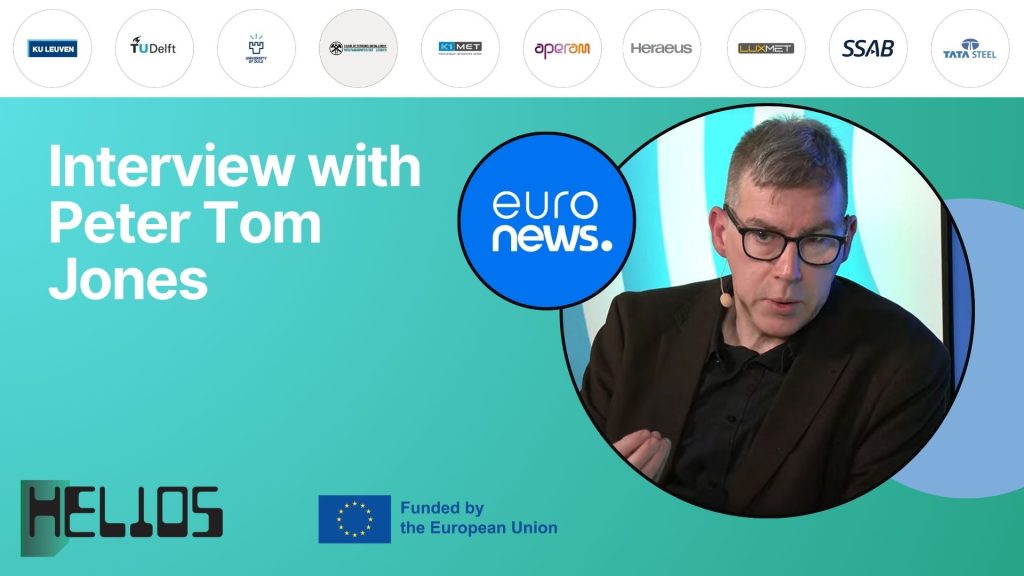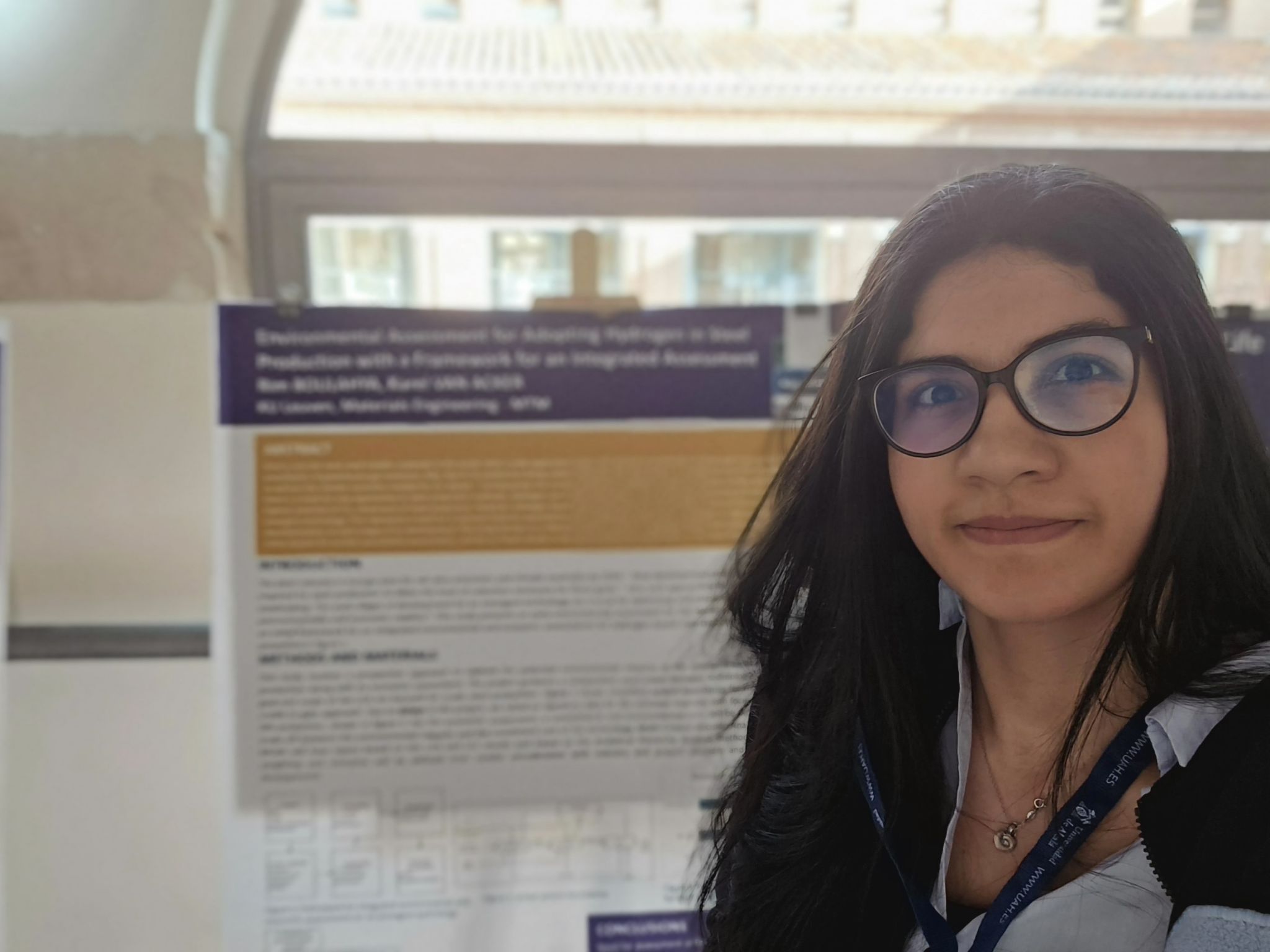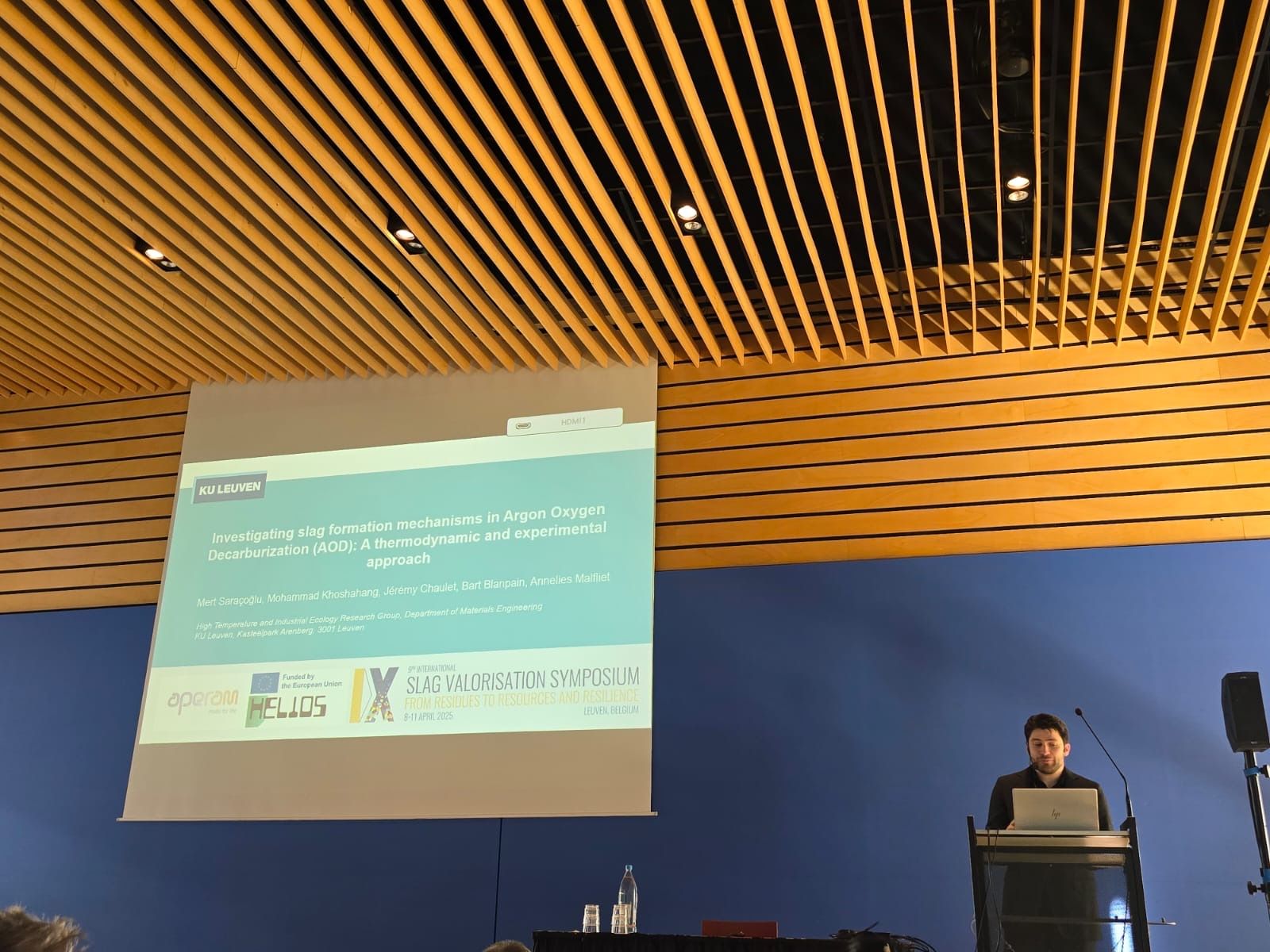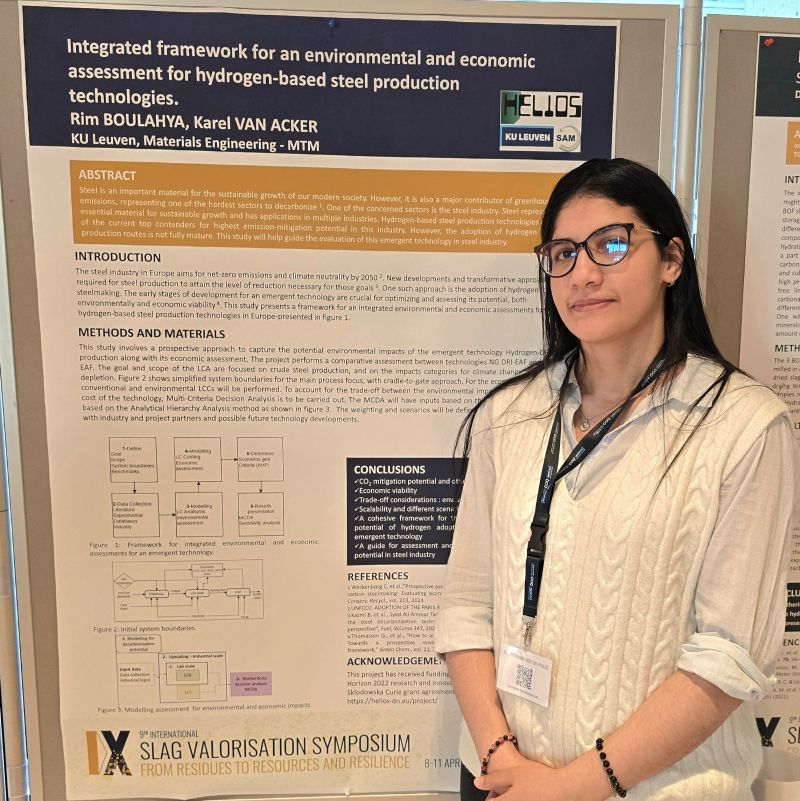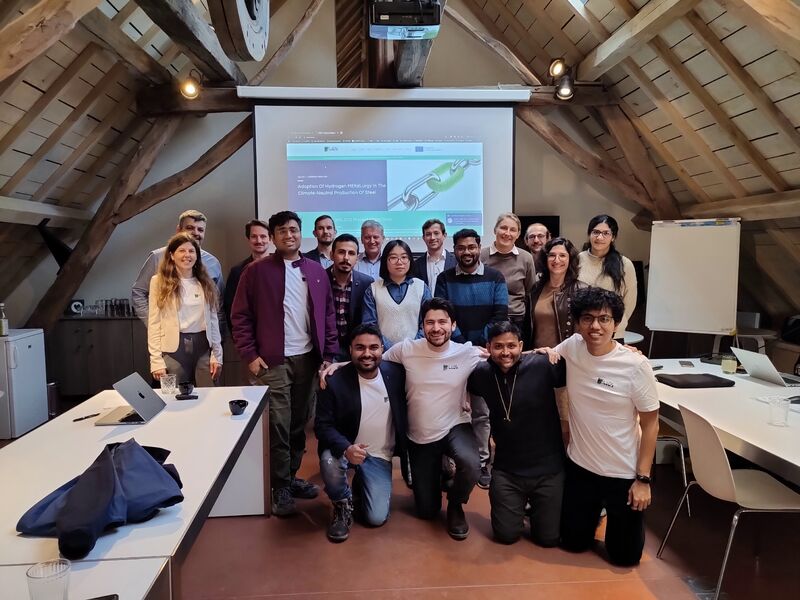A Euronews video highlights the role of steel and critical raw materials in supporting Europe’s transition to sustainable transport.
As more cities across Europe move to restrict polluting vehicles, the future of mobility is shifting rapidly toward electrification. This transformation, however, relies not only on technological innovation but also on the sustainable supply of critical raw materials (CRMs).
In a recent Euronews video, filmed during the ACEA event “From Ore to Road: The Mineral Race to Electric Mobility”, Dr. Peter Tom Jones, Director of SIM² KU Leuven (Research Institute for Sustainable Metals and Minerals), speaks candidly about the critical importance of secure and responsible access to critical raw materials in supporting the Critical Raw Materials Act (CRMA) implementation and Europe’s green mobility goals.
Steel, already a central material in automotive manufacturing, will become even more indispensable in the coming decades. Steel provides structural integrity, protects EV batteries, and contributes to the lightweight design of electric vehicles, which helps extend driving range and reduce energy use. However, steel itself depends on critical materials like zinc, especially in the form of galvanized steel, which ensures corrosion resistance and long-term vehicle durability. And when it comes to electric vehicle (EV) batteries, the need for CRMs such as lithium, cobalt, natural graphite, and nickel is even more pressing. As Dr. Jones notes, Europe currently sources the majority of these materials from outside the EU, which leaves the continent vulnerable to supply disruptions and geopolitical risks.
This is where the HELIOS project comes into play. As a HORIZON Europe-funded Doctoral Network, HELIOS is focused on training a new generation of researchers in breakthrough technologies for the hydrogen-based production of green steel, and as part of its research objectives, aims to develop metal-recovery processes for residues from steel production using hydrogen and/or hydrogen plasma-based reduction. The project is pivotal in supporting the decarbonization of steel production through its core focus on hydrogen metallurgy for both carbon and stainless steel, and it also contributes to Europe’s CRM resilience by exploring the recovery of metals from steel industry residues, thereby valorizing secondary raw materials already within our industrial system. KU Leuven, a key academic beneficiary in the HELIOS network through its SIM² research institute (Sustainable Metals and Minerals), contributes significantly. Its researchers are engaged in areas central to HELIOS‘s objectives, such as hydrogen metallurgy, high-temperature processes including plasma technology, and developing models for sustainable green steel production.
As stressed in the video, the CRMA will only succeed if Europe invests seriously in closing material loops and reducing dependency on imported resources. The HELIOS project, by fostering advanced research and training highly skilled experts, stands to significantly contribute to the future implementation of processes that can transform steel production towards climate neutrality and enable the valorization of industrial residues into valuable materials.
The ACEA event, which brought together key voices in the mobility and raw materials sectors, including Julia Poliscanova (T&E), Javier Felipe Andreu (Assistant to MEP Susana Solís Pérez), and James Watson (Eurometaux) highlighted the urgency and complexity of securing raw material supply chains in the race toward electrification.
You can watch the full Euronews video here: https://www.youtube.com/live/SQlIt5BJu5A?si=BBtcBgFyabtgZdhl


